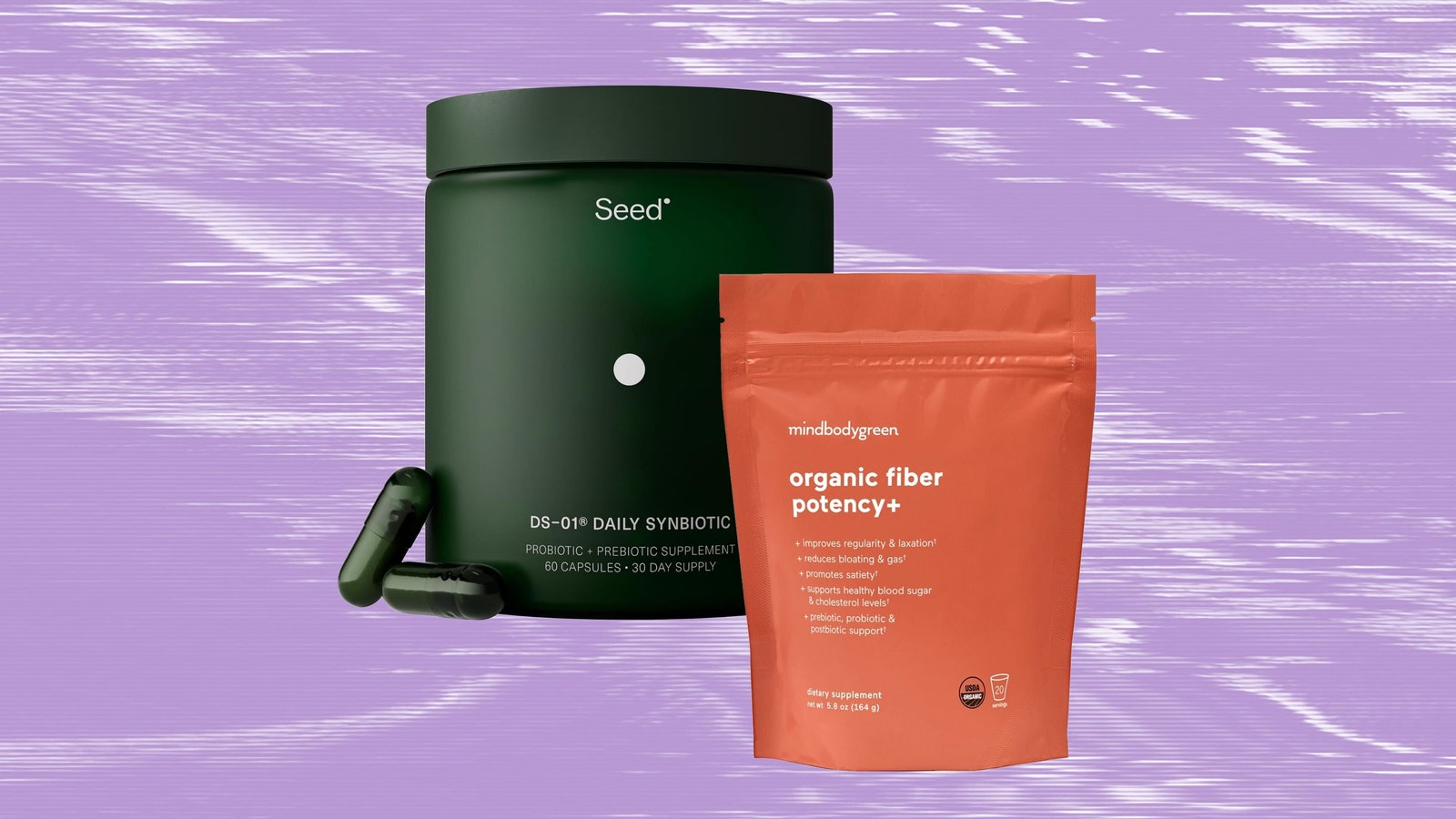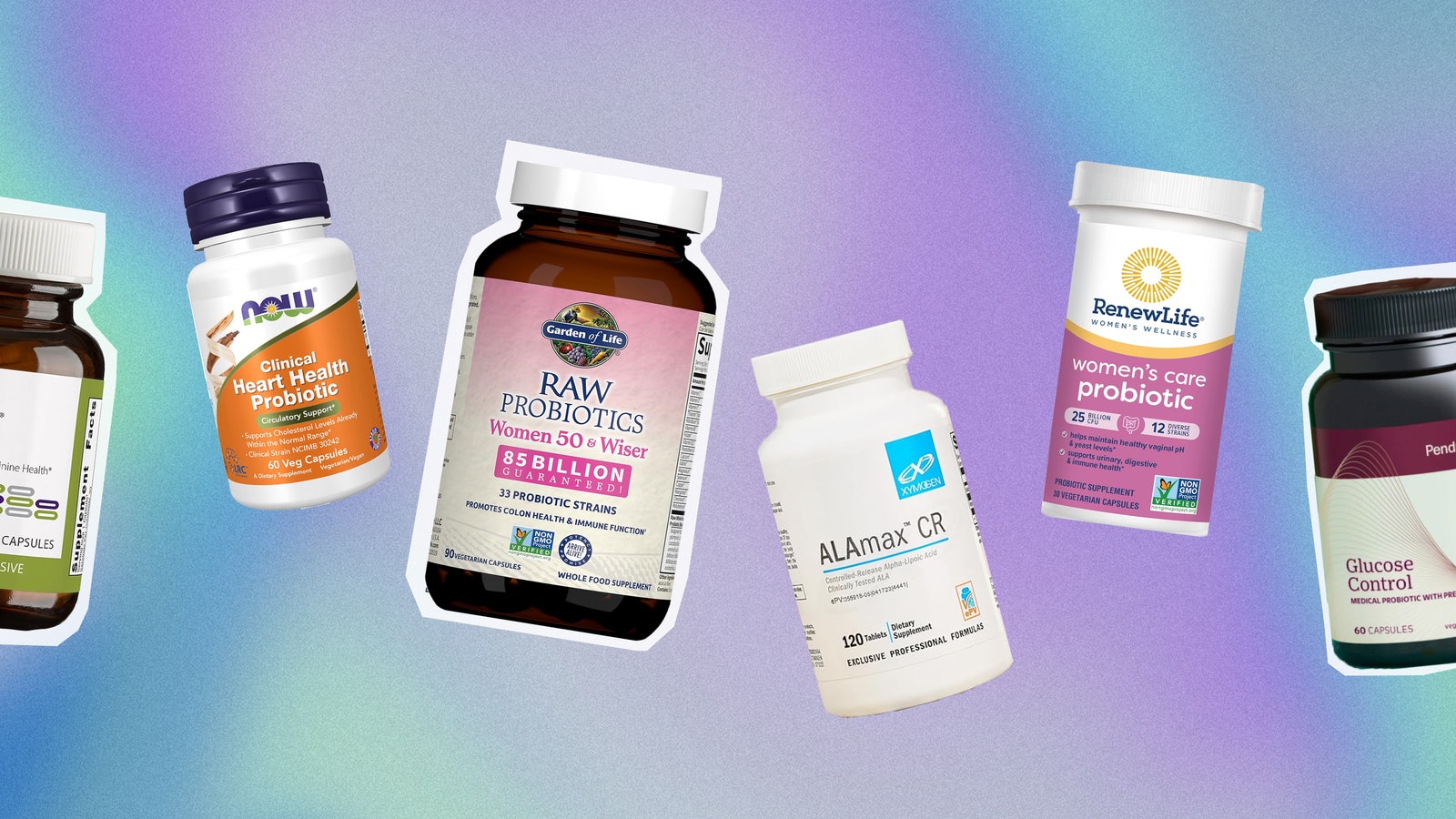
Digestion hasn’t always been a popular topic of conversation, but now we understand far more about gut health and how significant prebiotics and probiotics can have on it, our health, mood, and overall well being.
What are pre- and probiotics?
Dr. Adrian Weingart has spent years as a product developer at the supplement brand mybacs (which he co-founded), and is considered a microbiome expert. “Prebiotics are non-living substances that promote the growth and activity of beneficial bacteria in the gut. In contrast, probiotics are living microorganisms, usually bacteria, that positively impact gut health,” he explains.
Growing awareness of the importance of gut health means many consumers, beyond picking up some Activia yogurts with their weekly shop, are now seeking out supplements to support their gastrointestinal system.
The best time to take prebiotics and probiotics
“Prebiotics, like fiber, can generally be taken at any time of day, preferably with a meal,” says Dr. Weingart. Probiotics, however, should be taken on an empty stomach or between meals. “This is because stomach acid is less concentrated on an empty stomach, which can improve the survival of probiotic bacteria,” he explains.
The benefits of combined pre- and probiotic supplements
According to Dr. Weingart, a combined supplement is a good option. “Combination products that contain both prebiotics and probiotics are very useful as they have synergistic effects on gut health,” he explains. Prebiotics can promote the growth of probiotics, enhancing their effectiveness.
“We recommend taking combination supplements on an empty stomach first thing in the morning,” he adds. “This approach supports better absorption and effectiveness of the microorganisms the supplements contain.”




